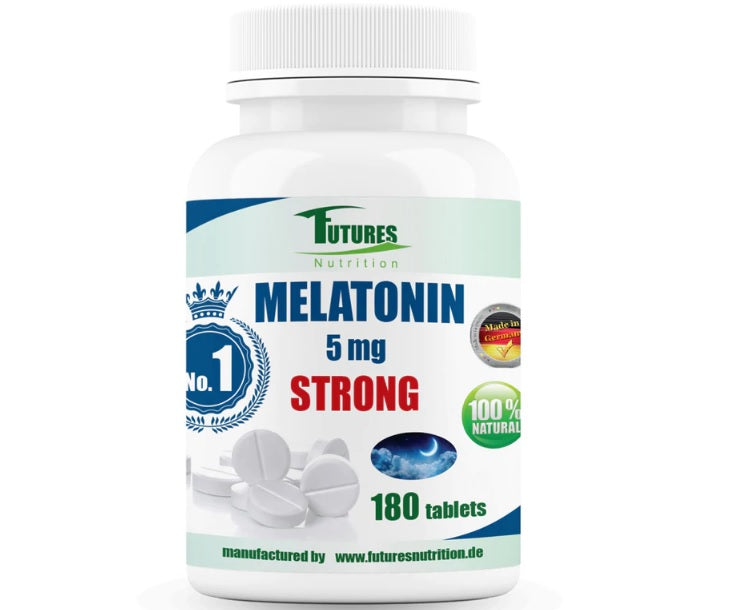What is melatonin and why is it important?

Fast facts about melatonin

Here are some short facts about melatonin:
- Melatonin is a hormone that is produced in the brain.
- It is responsible for our sleep and wax cycle.
- A melatonin deficiency can cause a number of sleep -related problems.
- It is natural that the melatonin level decreases with age.
What are the causes of a melatonin due to the lack of?

What are the melatonin deficiency symptoms?

How can you treat a melatonin deficiency?

There are a number of ways to treat a melatonin deficiency. Some of the most common treatments are:
Additions: One of the simplest options for treating a melatonin deficiency are dietary supplements. You can find these supplements in most health food stores.
Light therapy: Light therapy is a further common treatment for melatonin deficiency. This therapy uses light light that can boost melatonin production.
Nutrition: A healthy diet can also contribute to the treatment of a melatonin deficiency. Foods that contain a lot of tryptophan, such as turkey and salmon, can increase melatonin production.
Exercise: Movement can also help treat a melatonin deficiency. Movement can help increase melatonin production by increasing the serotonin level in the brain. If you believe that you suffer from a melatonin deficiency, you should definitely speak to your doctor. He will be able to diagnose the problem and recommend the best treatment method.
Melatonin deficiency

Where and when will it be produced?

The most mysterious part of the brain, the pineal gland (pineal gland), which is also referred to as the "third eye", is responsible for production. Some experts say that Melatonin is produced in sleep, others claim that it is not necessary to fall asleep at all, but that it is sufficient to be in peace and in the dark. Therefore, it is recommended not to sleep with light, night -ight lights, switched on computer or television. The most harmful for the melatonin is blue -white light, which comes from fluorescent lamps. If it is still not possible to do without night lights, it is better to choose red lamps that have a safe wavelength and do not affect sleep. The serotonin, which is formed under the rays of the sun, plays an important role in synthesis, which is why people who suffer from insomnia are recommended to walk in the fresh air during the day. People who sleep at least 8 hours a day usually do not need to take sedative because their nervous system is okay and the stress resistance is increased.
Melatonin production reaches maximum at a certain time. So the hormone level increases at 9 p.m. and at 2 p.m. it reaches its peak. He gradually drops until 9 a.m. Therefore, the opinion stems that the dream of beauty is between 9 p.m. and 11 p.m. In people who work at night, all biorhythms are disturbed, chronic fatigue occurs. That is why doctors advise you to take a few hours of rest at work.

